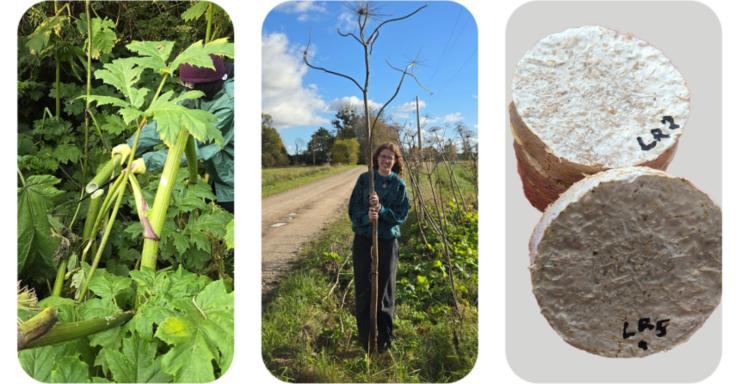The Member States of the European Union (EU) have agreed on the new European Research Area (ERA) policy programme for 2025–2027, which sets common goals and priorities for the development of science, innovation, and technology across Europe. The programme outlines coordinated actions to build a competitive, sustainable, and internationally attractive research environment, supporting researchers’ careers, promoting knowledge circulation and open science, and addressing contemporary challenges, including the use of artificial intelligence in science and research security.
The second ERA policy programme for 2025–2027 outlines voluntary activities to be implemented by Member States and stakeholders over the next three years. Like the previous ERA programme (2022–2024), the new programme aims to translate the priorities of the Pact for Research and Innovation (R&I) into concrete, jointly implemented actions. These involve EU Member States, Horizon Europe associated countries, representatives of the R&I ecosystem, and the European Commission (EC), with the goal of strengthening a unified and dynamic European Research Area.
The new programme consists of 19 actions, structured into three core components:
- Policy orientation – providing a broad vision of the objectives and ambitions, based on achievements and experience.
- 11 structural policies – outlining long-term priorities already integrated into national and European policy documents, such as open science, research infrastructure development, and research careers. These have clearly defined goals and work plans to be implemented during this programme.
- 8 thematic actions – focusing on emerging or current issues such as the use of artificial intelligence in science. These are implemented within a limited timeframe or as pilot projects, for example, in the area of research security.
From 2025 to 2027, the EC, Member States, and R&I ecosystem representatives will work closely together to implement these actions, ensuring significant progress in strengthening the ERA.
At the same time, at the Competitiveness Council meeting, the European Commissioner for Innovation, Research, and Startups, Ekaterina Zaharieva, presented a new initiative, “Choose Europe for Science”.
"Europe is choosing science, and we are making the case for science to choose Europe. Funding and support are available at the European, national and regional level. We are bringing everything together in one place so that international researchers can become active players on team Europe," said Commissioner Zaharieva.
The goal of the new initiative is to make it easier for researchers to access information about the wide range of funding and support available across the EU. As part of the initiative, a comprehensive overview has been published, summarising more than 60 EU, national, and regional-level programmes that help researchers develop their careers, relocate, and work successfully in Europe. The compiled information is globally accessible to any researcher considering joining the European Research Area.
More information: ERA Policy Platform


